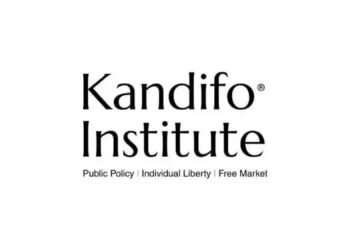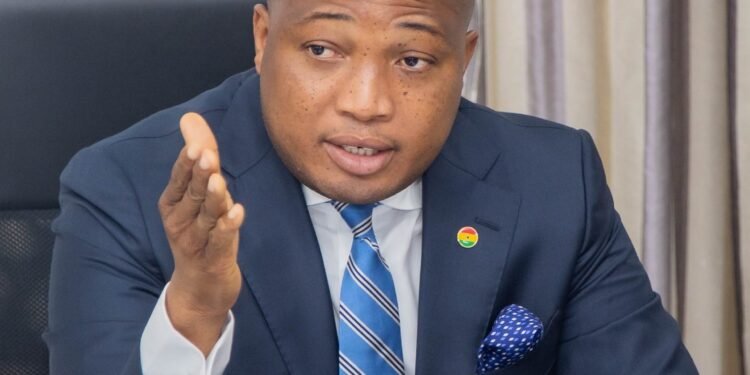The Ghana Employers Association (GEA) has urged the government to commit to fiscal consolidation and maintain the needed discipline through the execution of the 2022 budget goals and programs.
The Association requested that stringent procedures should be put in place to limit deficits and debt buildup, as well as place the economy on a five percent or higher growth path in the fiscal year 2022.
Mr. Alex Frimpong, GEA’s Chief Executive Officer (CEO), disclosed this during a meeting to discuss the budget for 2022 and the Ghanaian business climate.
The GEA requested the government to keep the end-of-year inflation rate within the medium-term band of 8% and to cut the Monetary Policy Rate (MPR) to a single digit, despite the rate being 11.0 percent in September 2021/+.
Alex noted the budget’s content was crucial for all employers and the business sector, and as such asked the government to stabilize the forex market so that the Cedi would not react to minor fluctuations in its major trade currencies.
With the government forecasting a 5.8% real GDP growth rate and an 8% end-of-year inflation rate in 2022, the CEO stated “meeting these targets require that the government remains disciplined to fiscal consolidation measures by ensuring effective debt sustainability and rationalizing expenditures.
“We, therefore, urge the government to maintain a good balance between the implementation of the revitalization and transformation program in order to promote private sector growth within a stable macroeconomic environment.”
Mr Alex Frimpong, GEA CEO
Facilitating the passage of the Tax Exemption bill into law
The Association recommended that the Government should facilitate the passing of the Tax Exemption Bill into law by the first quarter of 2022, as part of its budget and business environment suggestions.
Per the GEA, the policy’s passage and implementation would “address the overgenerous exemptions regime and resolve the problem of underperforming domestic revenue”.
Need for Local credit availability
The CEO asked for a good local credit facility for the private sector to assist the group recover and compete favorably in the single market window that the African Continental Free Trade Area (AfCFTA) agreement aims to achieve.
According to the World Bank’s 2020 Development Indicators, Ghana dedicated only 10.88 percent of financial resources to the private sector last year, compared to the 17.24 percent average across Sub-Saharan Africa (SSA).
Regarding the establishment of the Development Bank of Ghana, Mr. Afful stated that the country has battled for many years to develop a capital expenditure structure that would consider long-term project financing.
As a result, if the development bank concept is implemented as envisioned in the policy, enterprises in the country will have access to sufficient cash, particularly to finance medium to long-term projects.
The CEO mentioned that, it would curb the “challenges on how to invest in the industry, especially manufacturing, pharmaceuticals, hotel, tourism, and hospitality sectors. It will bring more revenue to the government, improve industrialization and enhance our employment creation.”
Read Also: E-Levy will improve Tax-to-GDP ratio- Finance minister























